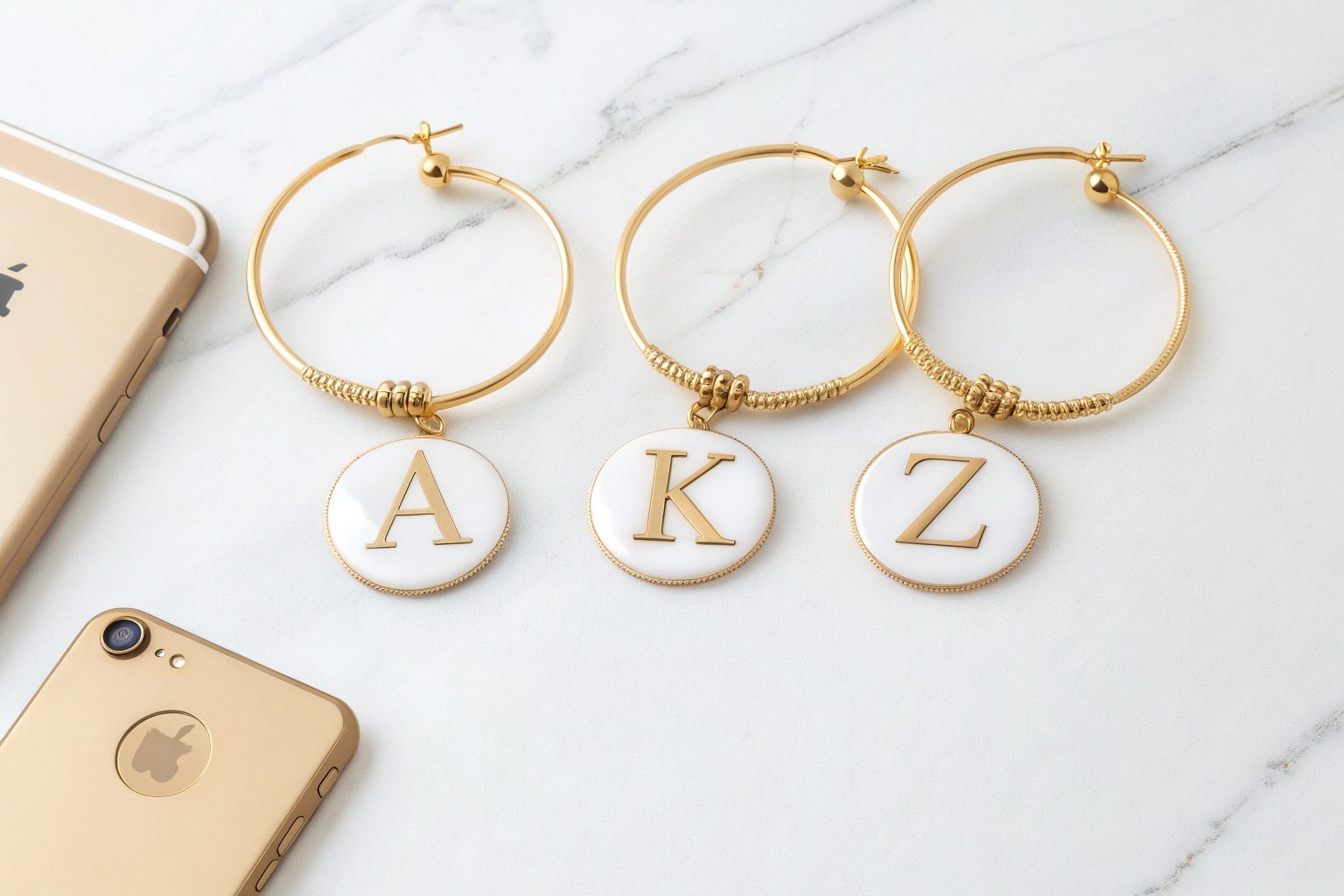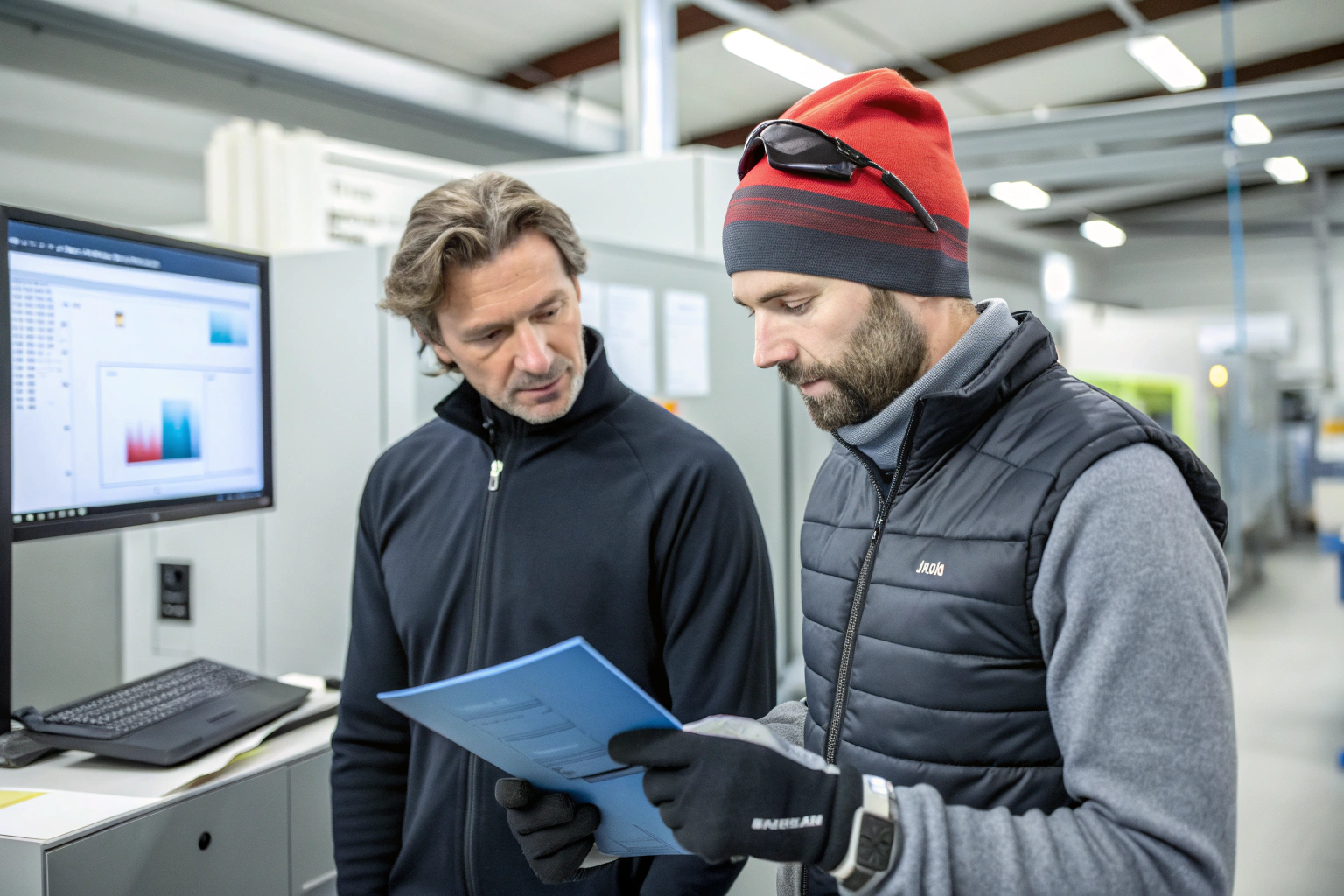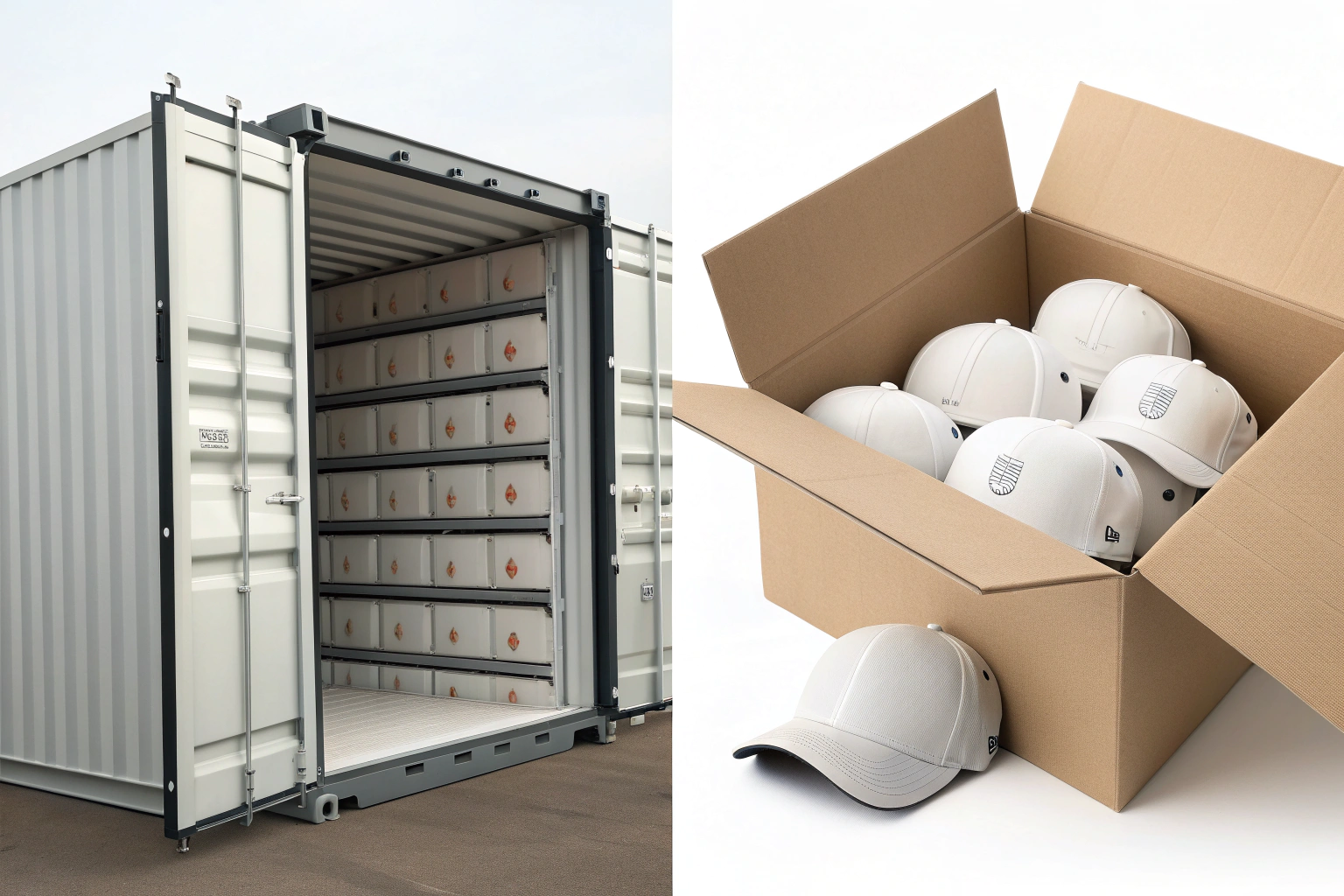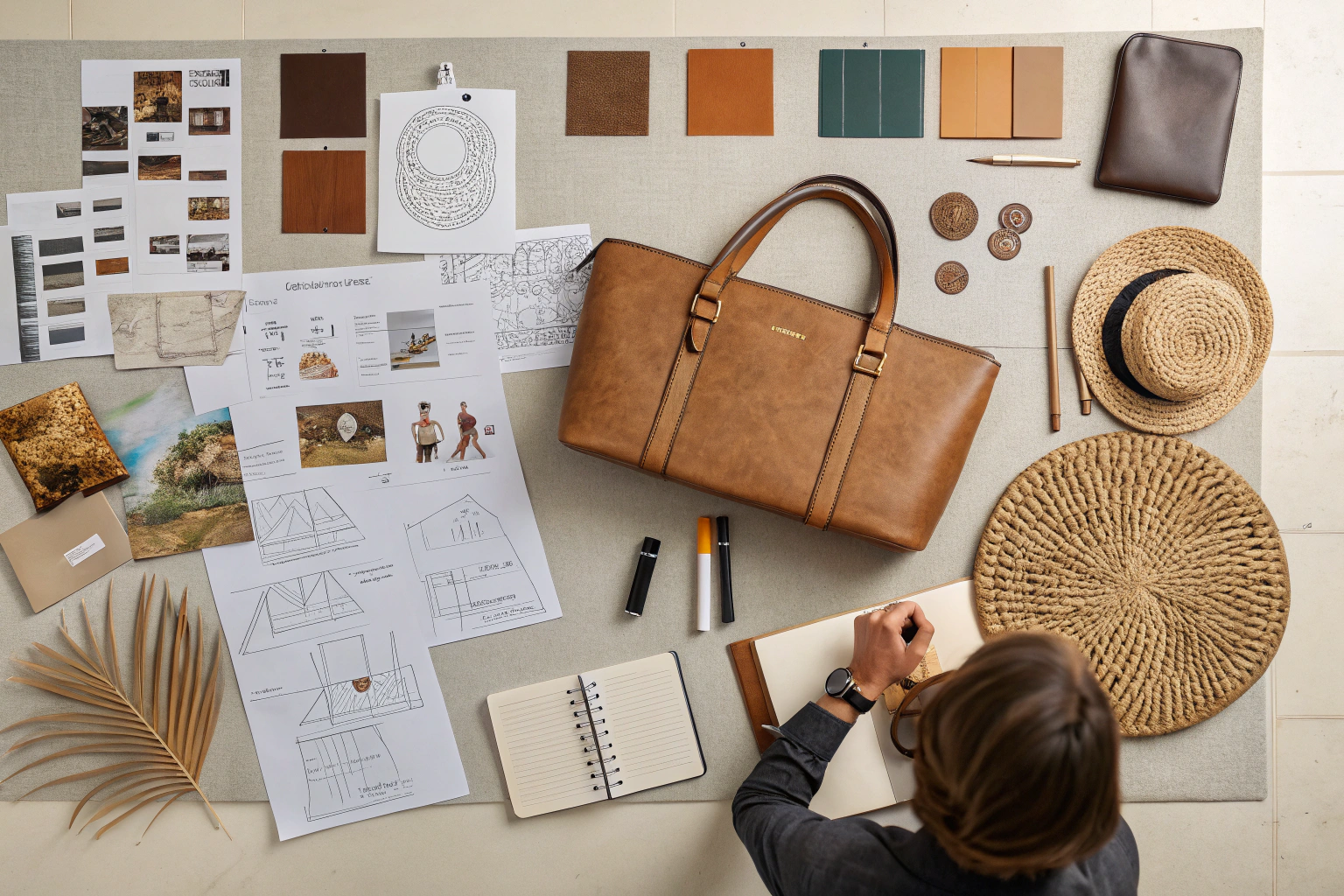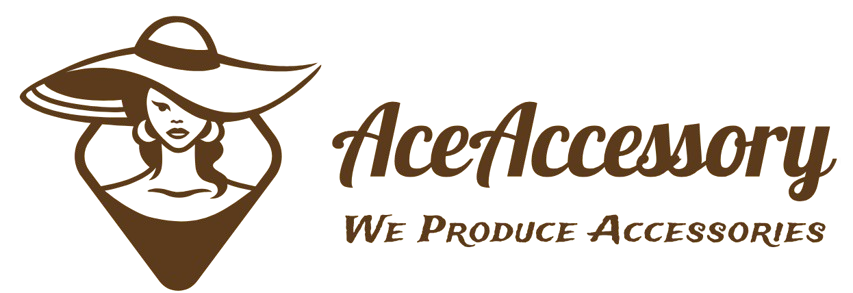When music festival season comes, brands and retailers face the challenge of offering the right accessories that connect with the audience. The market is fast-moving, competitive, and influenced by trends that shift with social media. If a supplier misses a trend, they risk losing sales and visibility.
The best practices for sourcing accessories for the music festival market focus on quality, speed, design flexibility, and trust in the manufacturing partner. Retailers and importers must balance trend responsiveness with reliable supply chain operations. Choosing the right supplier makes the difference between selling out and facing unsold stock.
As a manufacturer and exporter of fashion accessories, I have seen how our clients succeed when they follow clear sourcing practices. In this article, I will share proven strategies to help brands and buyers secure the right products for music festivals in Europe and America.
How to Identify Top Festival Accessory Trends?
Festival buyers often worry about missing out on the next big trend. Music festival culture changes fast, influenced by celebrities, TikTok, and Instagram. Without clear direction, brands may waste money on products that are not popular.
To identify top festival accessory trends, companies need to monitor social media, follow fashion influencers, and collaborate with suppliers who invest in design and trend forecasting. These sources ensure that the right colors, materials, and shapes enter the market on time.
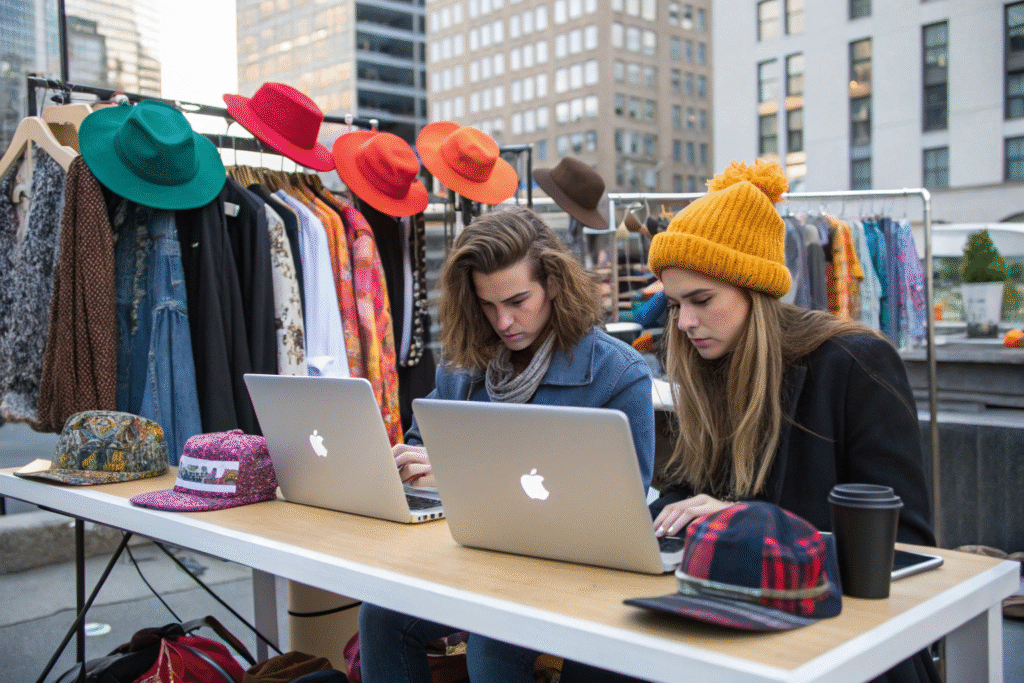
Trend forecasting is not only about observing. It requires structured research. Retailers often use WGSN for global style insights, and also study reports from Business of Fashion. A good supplier should also provide mood boards and prototypes early, helping buyers decide before the season begins.
What role does social media play in trend forecasting?
Social media is the fastest tool for spotting trends. Hashtags on Instagram and viral TikTok videos often reveal what younger audiences want. Festivals such as Coachella and Glastonbury act as real-time runways. When celebrities wear specific hats or belts, demand rises instantly. Retailers who monitor these channels can place early orders and secure stock before the market is saturated.
How do suppliers support brands in spotting trends?
Suppliers with in-house design teams offer previews of new products, fabric samples, and digital 3D renders. This reduces risk for buyers. For example, our design team creates seasonal collections with festival themes. We also track Pantone Color Institute updates to make sure color palettes align with global fashion. When buyers see visual presentations, they can quickly confirm orders, saving time.
Why Is Quality Control Essential in Festival Accessories?
Festival-goers are active, outdoors, and often exposed to sun and rain. Accessories must last through long days and still look stylish. Poor quality leads to customer complaints and damaged brand reputation.
Quality control is essential because it guarantees that accessories meet durability, safety, and comfort standards. Buyers who work with suppliers that enforce strict inspection processes avoid costly returns and negative reviews.
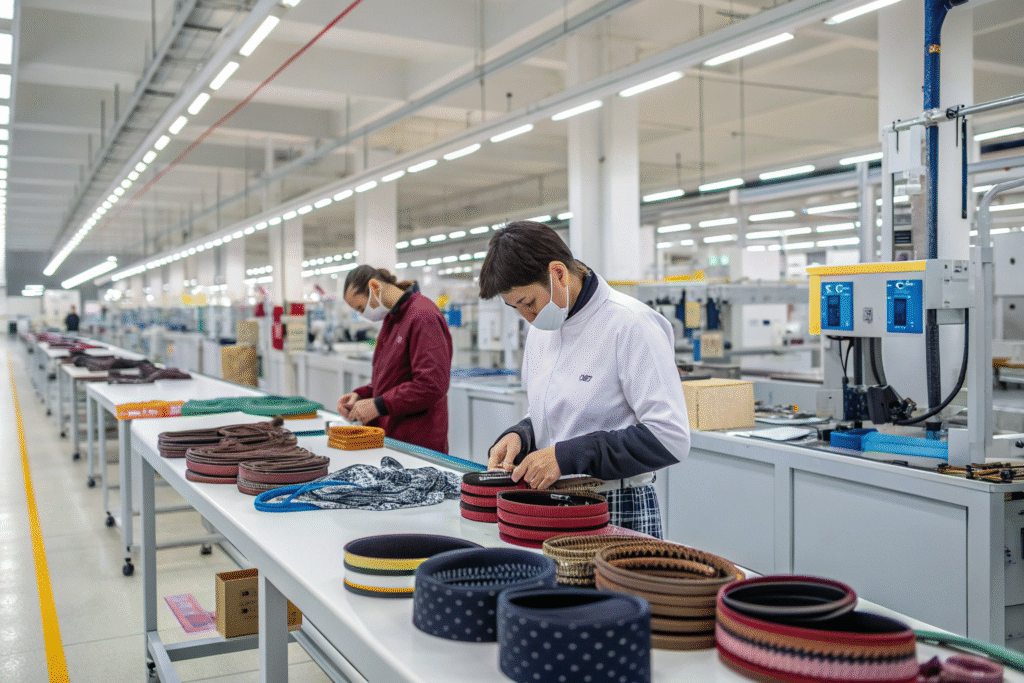
Buyers should ensure that their partners follow international standards. Testing labs like SGS and Intertek certify products for safety and durability. A reliable factory conducts both internal inspections and third-party audits.
How do quality inspections reduce risk?
Every accessory should pass basic checks: fabric strength, stitching, colorfastness, and size consistency. Random inspections by Bureau Veritas or other agencies prevent defects from reaching customers. When production batches are large, this system becomes vital. It ensures that even under tight deadlines, quality does not drop.
What are the most common defects in festival accessories?
The most frequent issues include broken stitching on belts, loose rhinestones on hair clips, and uneven dyeing on scarves. In our factory, we created a checklist based on feedback from North American clients. By focusing on these weak points, we reduce rejection rates. Using automated cutting and modern sewing machines also lowers the chance of human error.
How to Manage Fast Production and Delivery Schedules?
Festivals are seasonal, so delivery speed is a key factor in sourcing. A late shipment means lost sales. Many American and European buyers worry about missing shipping deadlines because of factory delays or port congestion.
Managing fast production and delivery schedules requires clear planning, flexible capacity, and strong logistics partners. Suppliers who can scale quickly and provide real-time updates give buyers peace of mind.
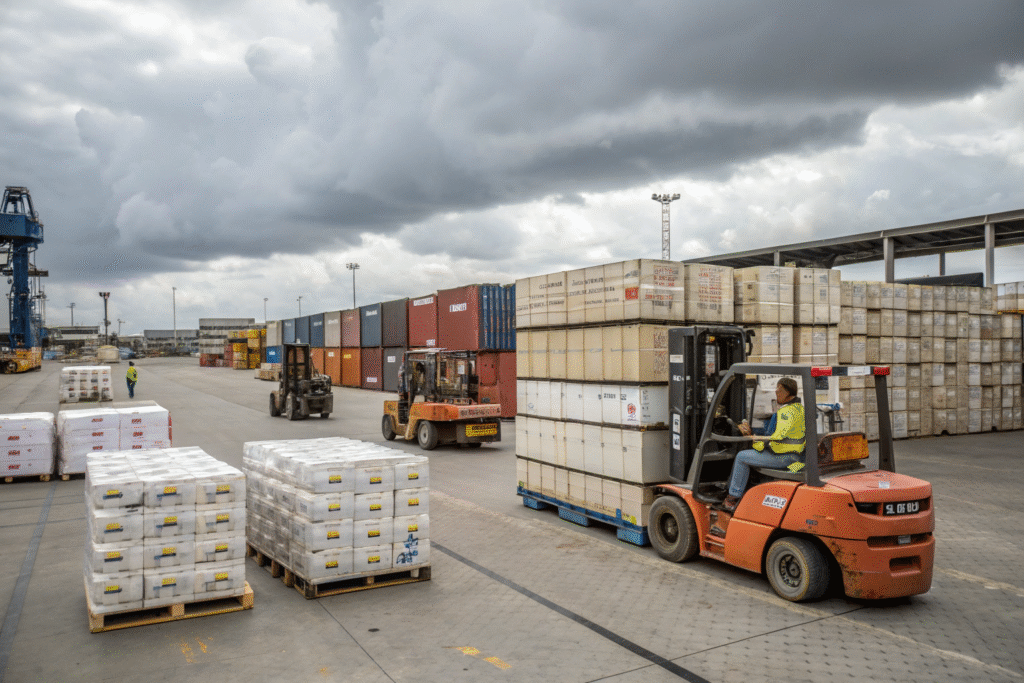
Working with a supplier in China, especially Zhejiang, offers access to strong manufacturing clusters. Buyers must confirm lead times and production capacity before the season starts. Modern factories use ERP systems to track orders and adjust production lines.
What production practices ensure faster turnaround?
Factories that invest in automatic machines for cutting and printing achieve higher efficiency. Lean production methods reduce waste and keep timelines predictable. When buyers book production slots early, they get priority scheduling. We recommend clients secure contracts at least 3–4 months before key festivals.
How can logistics partners improve timeliness?
Strong logistics companies like DHL and Maersk provide guaranteed sailing schedules and customs clearance support. By working with forwarders who specialize in U.S. and European trade lanes, delays are reduced. Air freight is also an option for urgent orders, although it increases cost. With the right logistics partner, even unexpected port congestion can be managed.
What Are the Key Factors in Building Long-Term Supplier Relationships?
Festivals are not a one-time market. Brands that build reliable supplier relationships can refresh their collections each year without stress. A trusted partner reduces uncertainty in price, quality, and timelines.
The key factors in building long-term supplier relationships include transparency, consistent communication, fair pricing, and innovation support. Buyers who treat suppliers as partners gain better service and priority access to new products.
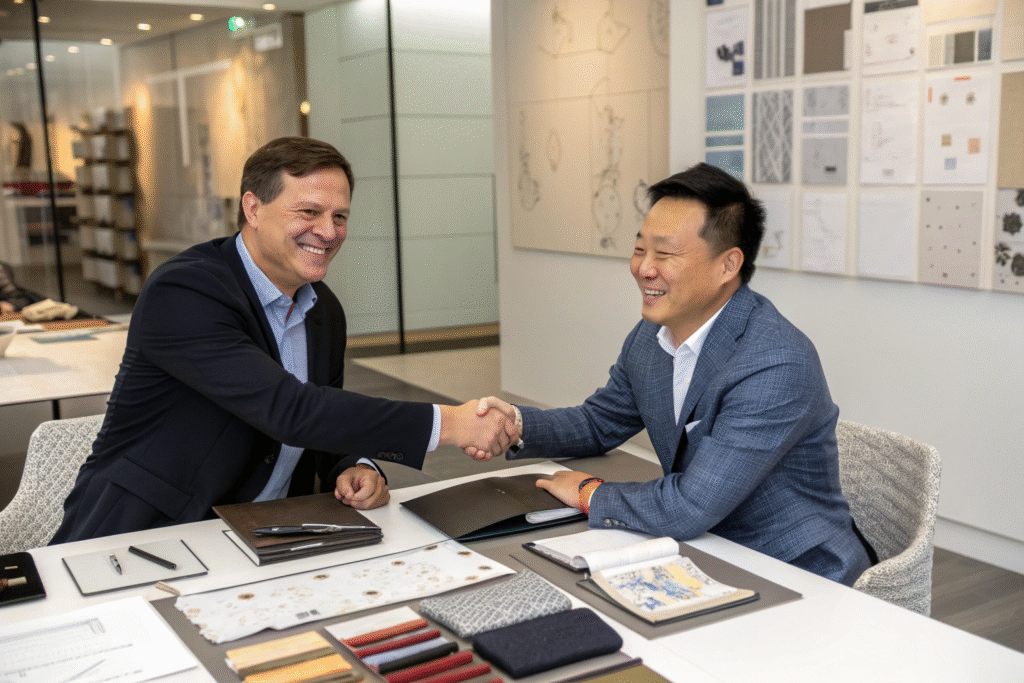
In my experience, American buyers who return season after season get better credit terms and faster sampling. When trust grows, both sides can handle problems together instead of arguing over responsibility.
How can buyers build trust with suppliers?
Buyers should communicate openly about forecasts, challenges, and expectations. Suppliers who understand demand cycles can prepare raw materials in advance. Using digital platforms like Alibaba and LinkedIn helps both parties share updates. Trust grows when both sides keep promises and respect agreements.
Why does innovation matter in long-term partnerships?
Suppliers that invest in new fabrics, eco-friendly packaging, and digital design tools bring value beyond low prices. For example, we develop biodegradable hairbands and recycled polyester scarves for environmentally conscious clients. This not only satisfies customers but also strengthens relationships. Buyers who encourage innovation stay ahead in the competitive festival market.
Conclusion
Sourcing accessories for the music festival market requires attention to trends, quality, delivery speed, and partnership building. Brands that manage these four pillars can secure strong sales and customer loyalty. The best results come from collaboration with reliable suppliers who understand both the creative and practical sides of the business.
If you are planning your next festival accessory collection, we at AceAccessory are ready to support you. Contact our Business Director Elaine at elaine@fumaoclothing.com to discuss your project and explore how we can produce your accessories with speed, quality, and care.


